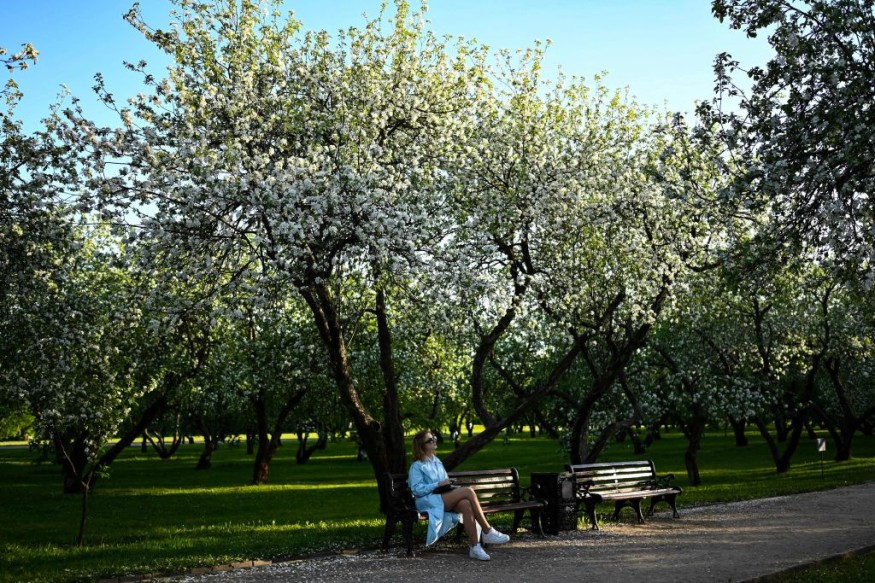
According to a recent study, exposure to trees lowers depression rates and dependence on medication, thus a thriving urban forest can sow the seed of well-being in the minds and hearts of people stumbling through the thicket of mental illness.
90% of Americans believed that the US was going through a mental health crisis in 2022, according to research. A third or more of adults report that personal economics and current and political events are major sources of stress. Additionally, personal connections and employment were each named as major sources of stress by about 1 in 4 persons.
One in five US adults suffers from mental illness, according to the National Alliance on Mental Illness. It's a worrying trend that has an impact on people from all walks of life.
Trees and Mental Health
One option, according to experts, is to increase investment in green infrastructure.
Access to trees has been linked to decreased rates of depression, lower levels of the stress hormone cortisol in the brain, and improved cognitive performance, according to research. This is particularly true in urban areas and cities, where people are far more likely to experience despair and anxiety. Urban woods can make people healthier and more joyful by dividing up concrete jungles.
A growing number of scientific research conducted in the US and other countries have established the benefits of trees. For instance, a German study found that even residing within 100 meters of a tree can lessen the need for antidepressant medication.
The study by Peter James, a Harvard associate professor, was featured in the World Economic Forum.
Forest Bathing vs Psychiatric Disorders
Researchers in Denmark discovered that compared to children living near dense green space, those living in areas with the least amount of green space had a much-increased chance of having psychiatric illnesses later in life. Some medical professionals even recommend taking a trip in the woods to be completely immersed in nature, a therapy known as "forest bathing," for suffering patients.
Despite the vast quantity of information that is accessible, it appears that few US citizens are aware of how trees might improve our general well-being. Only 41% of American people evaluated a tree's capacity to improve mental health, according to a Harris Poll study commissioned by the Arbor Day Foundation.
According to Treehugger, it is obvious that trees are not something that is "nice to have," but rather, they are a necessity.
Everyone should have equal access to trees and the influence that the trees possess. When compared to high-income areas, historically, impoverished communities had a disproportionately reduced tree canopy. Because of Mother Nature, they also have disproportionately limited access to free mental health care.
Some of the most vulnerable people in the country may feel trapped by their struggle when this is combined with the financial obstacles low-income neighborhoods encounter when trying to get traditional mental health treatments like counseling or medication.
Related Article : Enjoying Nature, Green, Blue Spaces Reduces Prescription Drug Needs for Mental Health, Study Shows
© 2025 NatureWorldNews.com All rights reserved. Do not reproduce without permission.





